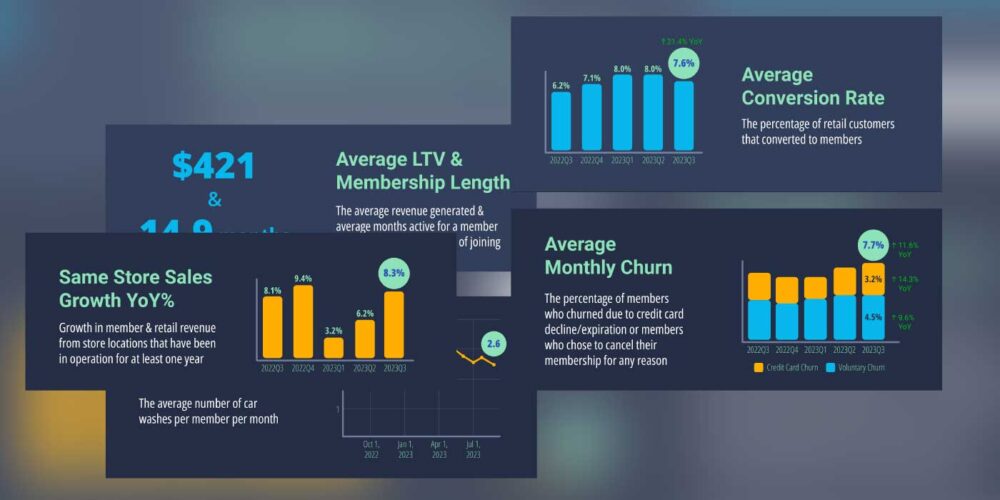Many years ago, farmers would wake up early to hitch their mules to the plow. The farmer would grab a carrot from the garden and tie it to a stick, using this device to encourage the mule to move. It worked for a little while, but the animal became wise. Once the mule realized that it was never going to get that carrot, it would shut down, leaving the farmer in a bind by having to give the mule the carrot. Over time, the carrot caused the mule to not perform at a high level.
Most organizations still dangle carrots in the faces of their staff, which causes them to eventually become disengaged and leave. This is an old and ineffective way to manage. It’s time to embrace a new way to get long-term results, by winning hearts with balanced accountability.
Why do so many organizations still practice the carrot and stick type of accountability? Your employees do not care about company gifts as much as you think they do. According to a recent Snappy, New York City-based employee engagement company survey of over 100,000 employees, only 6% noted gifts as their preferred token of appreciation from employers.1
The best gift you can give
Bonus perks are important but, if done poorly, could end up sending the wrong message. An impersonal, badly planned or cheap offering can make your employees feel undervalued. You do not need to spend an exorbitant amount of money to show your appreciation. But, you do need to be considerate and not just once a year. The same Snappy survey found that:
• 46% of employees prefer words of affirmation over presents
– For example: “I love your positive attitude towards helping your team” or “I love how you helped that customer.”
• 26% of employees prefer quality time with a supervisor or coworker
– For example: “Let’s grab lunch” or “I would love to get your ideas on …”
• 22% of employees value receiving help from supervisors or colleagues on a project
– For example: “How can I help you?” or “Let me take care of that for you.”
If you want to inspire long-term engagement, you must show your team that they have your support. Done over time, you will find that what motivates them is probably pretty similar to what motivates you. Everyone wants to see their actions advancing them forward. Guiding your employees to do better for themselves is going to take everyone involved to a whole other level of job satisfaction and success. It helps when you make the carrot attainable in a way that is a win-win for you both.
The 3P’s of accountability
The best way to help your staff reach its potential is with a proven program called the 3P’s: personal, positive and performance accountability.
It is a continuous practice that improves results, inspires retention and increases morale. Most importantly, it will not cost you a cent.
P1: Personal accountability
This is the most important “P” of the program. As a leader, you need to show self-awareness and humility before asking your staff to do the same. Request feedback on your style of leadership and use that information to find solutions for your blind spots.
Do not get defensive. You set the precedent for the rest of your team, which means you must be willing to hold yourself accountable. Ask your team, what can I do “more” and “less” of to be a better leader for you. Do not be surprised when they ask you the same question about themselves.
P2: Positive accountability
Positivity is essential. Who wants to be around someone who is negative all the time? That is disheartening, to say the least. Keeping an upbeat attitude is crucial when you want to stop managing and start leading.
We know that positivity is just as contagious as negativity, so celebrate those wins, praise your team and honor their great performances. You will see that this “P” is an easy way to reduce turnover and increase profitability. It is also going to make work more enjoyable for everyone.
P3: Performance accountability
This is more in line with the traditional ideas surrounding accountability. “Holding someone accountable,” for example. Performance accountability asks you to coach your staff, instead of penalizing them for their mistakes.
Using shame to deal with errors will only invite your team to resist and resent your leadership. They need to know that you have faith in them as professional adults. Otherwise, you will find yourself with an unstable workforce with your turnover spiking.
Transformational change
It is important for leaders to realize that employees’ poor attitudes is not the problem … the common denominator may be yourself as a leader. Perhaps you may be micromanaging, not providing positive reinforcement and, as a result, no one is happy working with you.
When I learned this valuable lesson about myself, I began praising my team for small things done well even if they did not get it quite right. I provided rewards that treated them like a S.T.A.R. (something they always remember) and invited their loved ones to join in team celebrations. This was only possible when I realized that success comes when you stop “managing” your employees and start leading.
No one likes to be managed anyway, right? A manager is a whip, a stick. A leader, however, is a guide. It is a different mindset that inspires, encourages and ultimately, gets better results.
Everyone wants to feel valued at his or her job.
Get started by showing your employees a bit of love this year. Some well thought out celebrations, respect and kindness should do the trick to convey how much they mean to you. Soon, you will be ready to lead with balanced accountability all year-round and your team will begin to show the love with peer-to-peer accountability.
Sources
1https://www.shrm.org/ResourcesAndTools/hr-topics/employee-relations/Pages/gifts-workers-hate-.aspx
Hernani Alves is an express carwash owner in California and an Amazon best-selling author that helps leaders build world-class teams. In his book, “Balanced Accountability,” Hernani reveals the framework needed to create a culture of ownership with peer-to-peer accountability. Email [email protected] for a Free Balanced Accountability Playbook.














